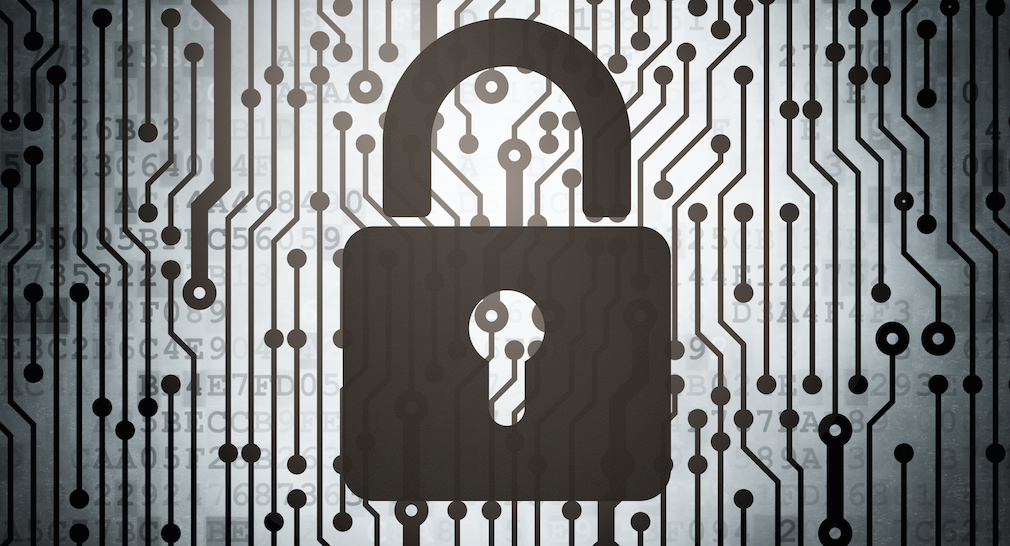For Equifax, the fallout from its massive data breach is far from over.
The company is facing inquiries from the Consumer Financial Protection Bureau, the Federal Trade Commission, the House Financial Services Committee, the Senate Finance Committee, the office of New York Attorney General Eric Schneiderman, the New York Department of Financial Services, and a lawsuit from the state of Massachusetts, at least.
The breach exposed serious flaws in the financial system’s consumer data security framework.
But what about the rest of us? How does the financial services industry protect against fraud in the future? And how do we make things safer?
According to a new report from ratings agency DBRS, the answer to making things safer is to further embrace technology.
Specifically, DBRS states that it believes the financial services industry needs to move towards biometric security, which would provide additional layers of protection that a Social Security number can’t provide.
“DBRS believes it is likely that some type of authentication feature will eventually be introduced into the credit process so that lenders can ensure that the person applying for credit is legitimate,” DBRS Managing Director Kathleen Tillwitz writes in the report. “These verifications may include fingerprints, palm prints, retina iris authentication, voice identification and/or facial recognition.”
Basically, the idea is that it would be more difficult to perpetrate financial fraud if financial services companies also required biometric security measures.
Tillwitz writes that since many government agencies and companies are already moving towards biometrics, adoption should not be that difficult.
“Since the technology for these security practices is readily available and currently being used by many companies, including the Federal Bureau of Investigation, law enforcement, department stores, hospitals and Apple, DBRS believes the timeline for implementation could be quick if a company wanted to incorporate these security features into their processes,” Tillwitz writes.
“Therefore, in addition to increased cybersecurity measures, DBRS anticipates some type of biometrics will eventually be incorporated into the credit approval process at many firms as companies try to find new and innovative ways to save them the millions of dollars currently being lost due to fraud,” Tillwitz adds.
Tillwitz also notes that Sen. Elizabeth Warren, D-Massachusetts, is leading a push in Congress for increased data security, and writes that Warren’s effort may prove successful.
“Senator Elizabeth Warren has launched an investigation into consumer data security, the results of which will likely end in tighter safeguards being implemented at firms that collect and maintain consumer data and hefty fines for those that do not comply,” Tillwitz writes.






